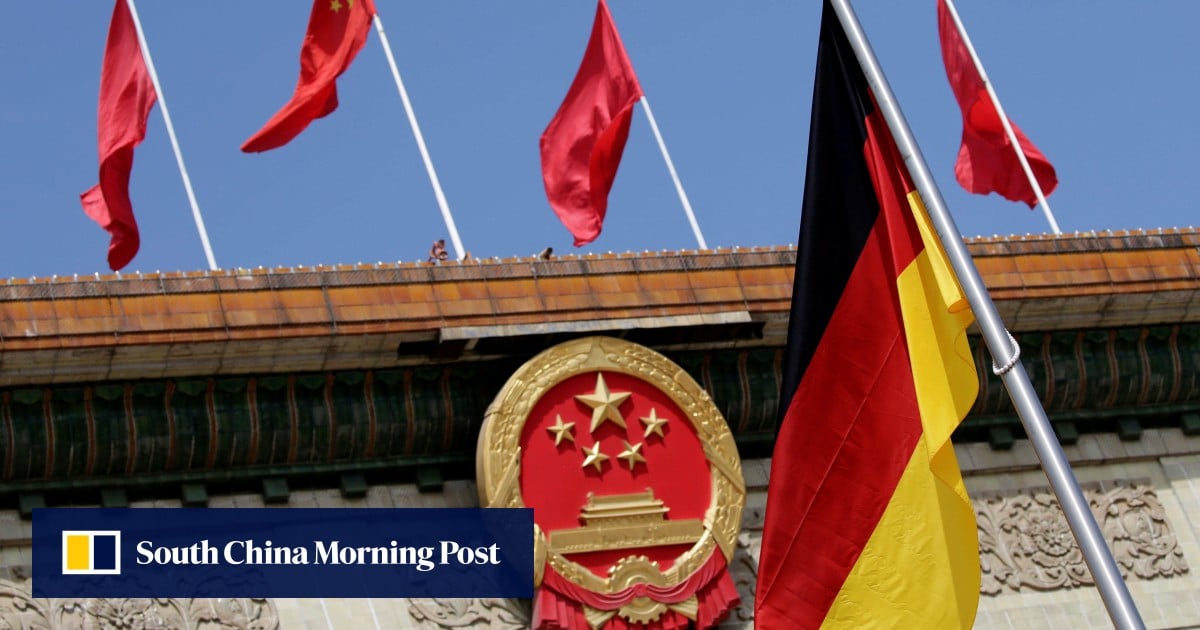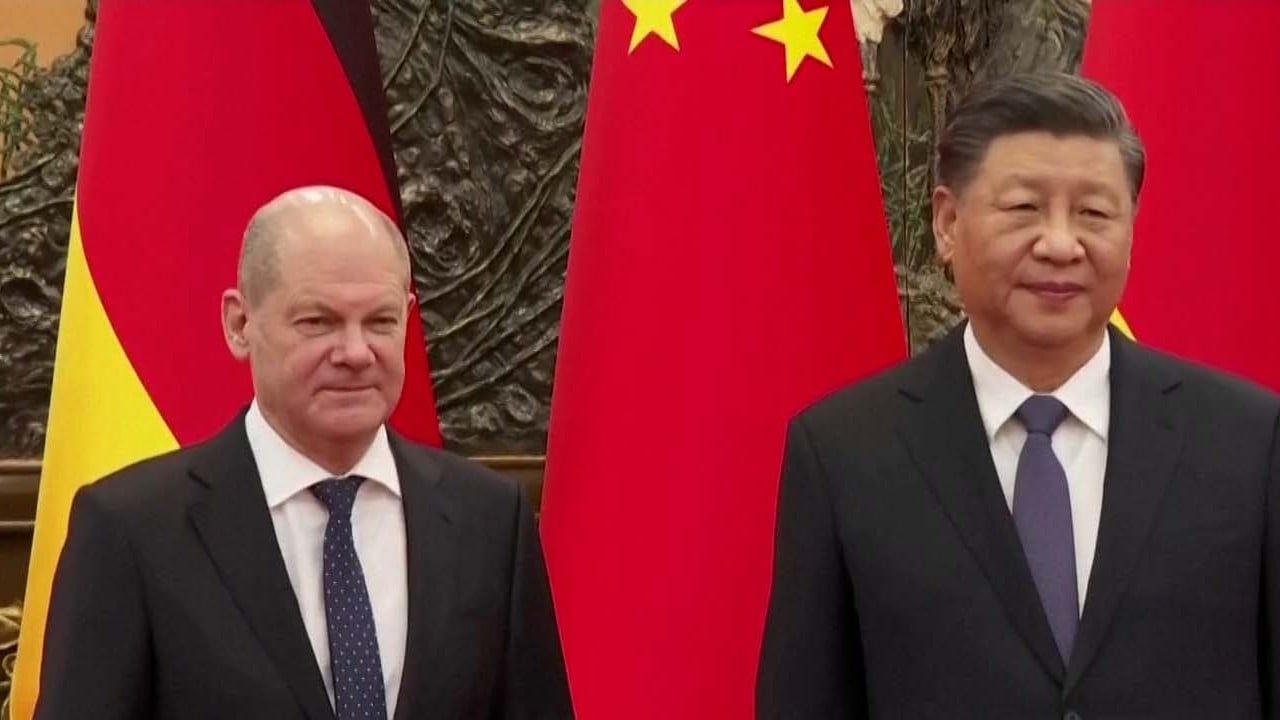China has surpassed Germany in the exports of some products, a changing of the guard which has already altered the balance of trade in major markets, posed challenges to the European manufacturing powerhouse and cast a cloud over bilateral relations, according to a new report.
While Germany has historically been a major source of imports in the European Union, particularly in advanced sectors like motor vehicles and machinery, its market share has been declining, insurer Allianz Trade said in a publication that declared “the trade tide is turning”.
In contrast, the company said, China has been “making significant gains” in the European market across sectors like computers, electronics and optical products, metals and basic pharmaceuticals.
“The momentum is especially strong in electrical equipment, which has risen by 5.1 percentage points from 2018 to 2023 and 7 percentage points from 2013 to 2023,” the report noted. “This trend highlights the growing competitiveness of China.”
China remains Germany’s largest trading partner. But figures from China’s General Administration of Customs showed that exports and imports between the two countries in 2023 dropped 8.7 per cent from a year earlier, falling to US$206.8 billion.
[China] has … captured market share in advanced industrial sectors while simultaneously squeezing out European products
“China is moving up global value chains, with global export market shares surpassing Germany in key sectors,” said the Allianz report.
“It has steadily moved up the value chain and captured market share in advanced industrial sectors while simultaneously squeezing out European products from its domestic market.”
Data from Allianz showed that China’s global export market share has continued to increase, from less than 4 per cent in 2000 to 14 per cent in 2022.
Meanwhile, the corresponding figure for Germany dropped to 8 per cent in 2022, after a long period of stagnation at around 10 per cent.
“China’s global export share has surpassed that of Germany in three out of four main export sectors,” Allianz said: machinery and equipment, chemicals and a broad category covering computers, telecoms, electronics and household equipment.
“China has been able to integrate long sequences of value chains domestically, thus providing goods that require less participation of other countries,” it said.
Despite difficulties in the Chinese market, the report said that it remains an attractive destination for investments by large German corporations, sharing figures that showed the country’s direct investment in China increased fivefold between 2010 and 2022.


